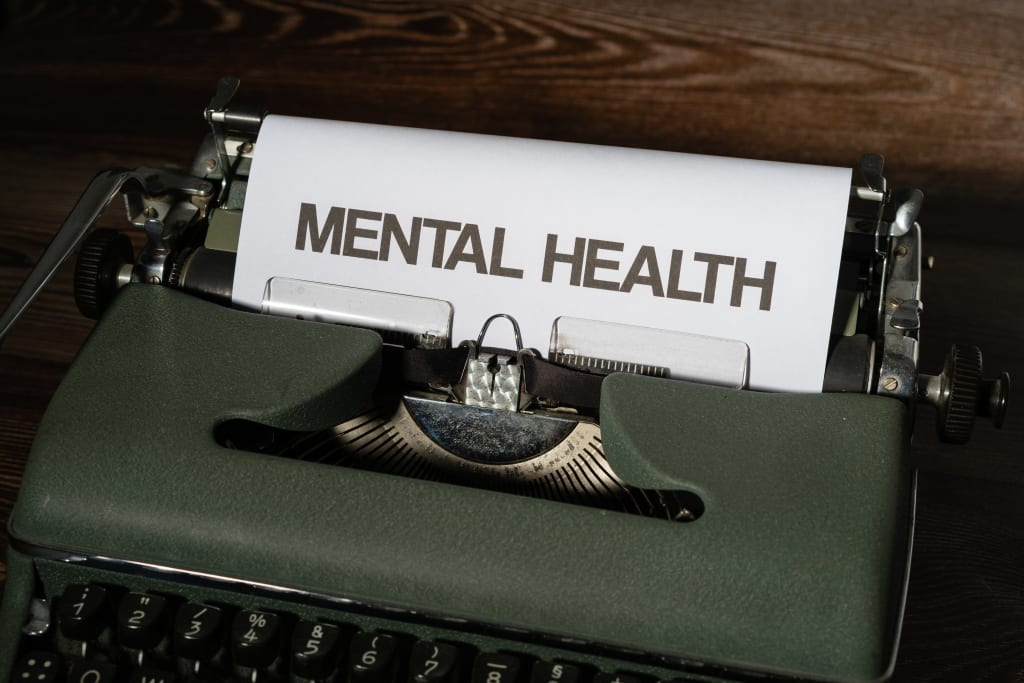Powerful Tips To Reduce Your Risk of Dementia and Alzheimer’s disease
Tips For Dementia and Alzheimer

Did you realise that the total size of our brain begins to shrink in our 30s and 40s, with the rate of shrinkage intensifying from around the age of 60?
The cerebral lobe (the region of the brain associated with short-term memory and executive thinking) and the hippocampus (the region of the brain involved in memory) shrink the most over time. This brain shrinkage is accompanied by a gradual but persistent decline in cognitive ability. We begin to forget more. We have a harder time coming up with words. We have a harder time attempting to put a name to a face.
Since it characterizes who we are, the brain represents the most valuable organ we have. It stores our identity, our personality, and our memories and hence it is vital that we do the utmost to keep it in good condition.
When you hear the word “dementia,” what comes to mind? For many of us, it is an elderly person who is losing their memory. While this is one form of dementia, it is not the only one. In fact, dementia encompasses a wide range of symptoms and causes. Alzheimer’s disease is the most common form of dementia, accounting for 60-80% of cases. But there are other types of dementia as well, such as Lewy body dementia and frontotemporal lobar degeneration. With so many different forms of dementia, it can be difficult to know how to reduce your risk. Here we will explore some powerful tips to reduce your risk of dementia and Alzheimer’s.
Dementia
Dementia is a general term for a decline in mental ability due to disease or injury. Alzheimer’s disease is the most common type of dementia, but there are many other types as well.
Dementia affects people of all ages but is most common in older adults. It can lead to a decline in thinking, memory, and language skills. People with dementia may also have problems with mood and behavior.
There is no one cause of dementia. The causes can be different for each person. In some cases, it may be due to damage to the brain from diseases such as Alzheimer’s or stroke. In other cases, it may be caused by problems with the blood supply to the brain, head injury, or drug abuse.
While there is no cure for dementia, there are things that can be done to help manage the symptoms and slow down the progression of the disease. These include:
- Exercise and physical activity
- Healthy diet
- Social interaction and stimulation
- Mental stimulation and challenge
Alzheimer
Alzheimer’s disease is a type of dementia that causes problems with memory, thinking, and behavior. Symptoms usually develop slowly and get worse over time, becoming severe enough to interfere with daily tasks.
Although there’s no cure for Alzheimer’s, there are treatments that can help slow the progression of the disease and improve quality of life. There’s also a lot you can do to reduce your risk of developing Alzheimer’s in the first place.
Here are some powerful tips to reduce your risk of dementia and Alzheimer’s:
1. Stay mentally active. Challenge your mind on a regular basis with activities like puzzles, crosswords, Sudoku or brain games. Reading, writing and learning new things can also help keep your mind sharp.
2. Get plenty of exercises. Exercise not only helps improve your overall physical health but it also has been shown to boost cognitive function and protect against cognitive decline.
3. Eat a healthy diet. A diet rich in fruits, vegetables, whole grains and healthy fats can help lower your risk of Alzheimer’s and other forms of dementia. Avoiding processed foods, sugary drinks and excessive alcohol is also important for maintaining good brain health.
4. Socialize regularly. Connecting with others socially has been linked with a reduced risk of developing Alzheimer’s disease. Make an effort to spend time with family and friends on a regular basis.
Reduce Risks
One of the best ways to reduce your risk of dementia and Alzheimer’s is to keep your mind active. A recent study found that people who did Sudoku puzzles had a lower risk of developing Alzheimer’s. Other activities that can help keep your mind sharp include crossword puzzles, reading, and playing musical instruments.
You can also reduce your risk by staying physically active. Exercise has been shown to improve brain function and protect against cognitive decline. Walking, jogging, swimming, and biking are all great ways to get your heart pumping and keep your body healthy.
Eating a healthy diet is another way to reduce your risk of dementia. Foods that are rich in antioxidants, like berries, tomatoes, and dark leafy greens, can help protect the brain from damage. Omega-3 fatty acids, found in fish like salmon and tuna, are also good for brain health. So be sure to include plenty of these healthy foods in your diet.
Finally, staying socially active can help reduce your risk of dementia. Isolation and loneliness have been linked to cognitive decline, so it is important to stay connected with friends and family members. Joining a social club or taking up a new hobby are great ways to meet new people and stay engaged in activities you enjoy.
About the Creator
Willie Wun
I am a senior who is very keen on health and longevity issues and would like to share such knowledge with whoever is interested in these areas. Please SUBSCRIBE if you find the information useful and I can be motivated to share them daily






Comments
There are no comments for this story
Be the first to respond and start the conversation.